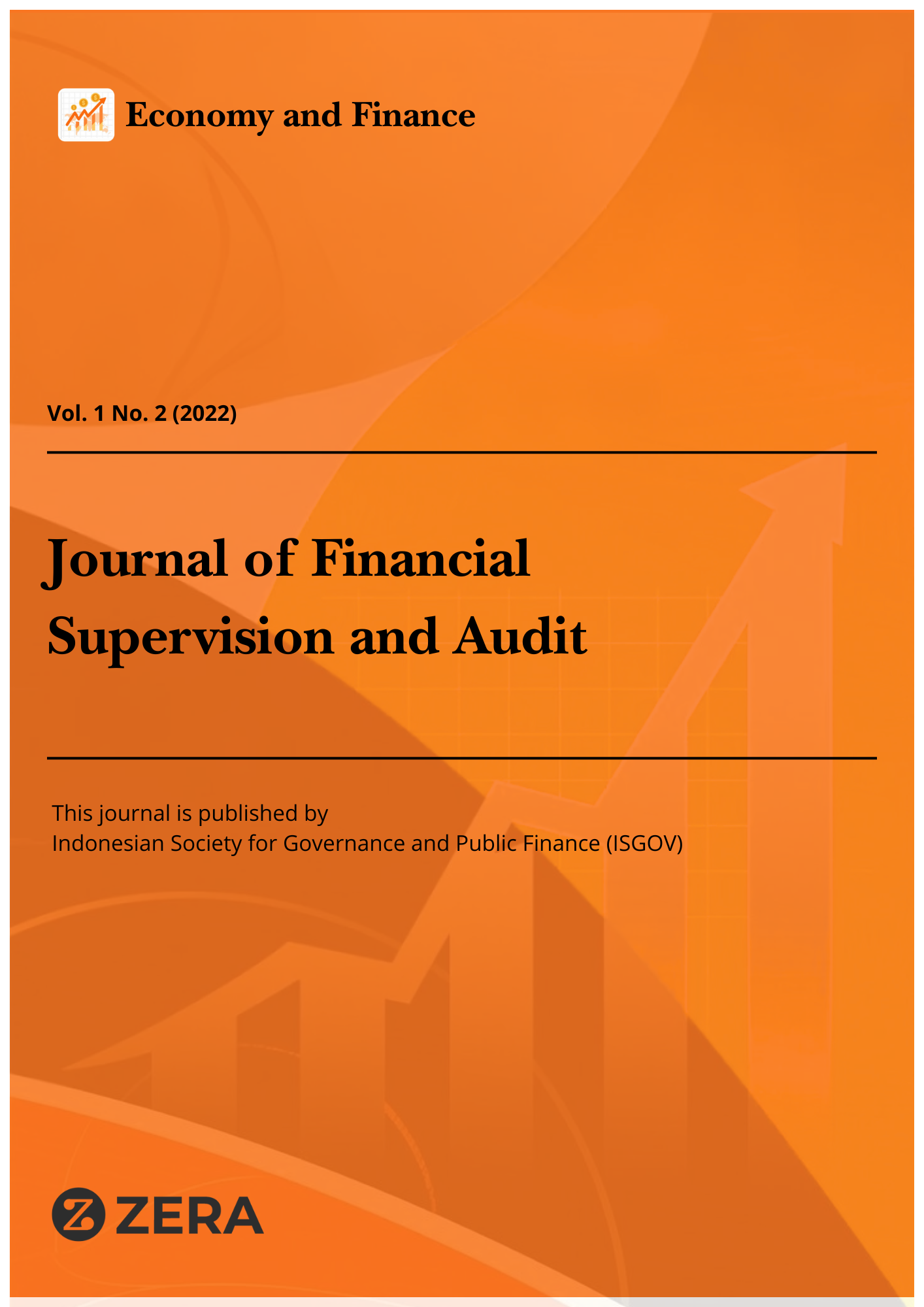Keywords:
Audit Quality, Auditor Independence, Financial Reporting, Oversight, Stakeholder TrustAbstract
This study investigates the critical role of auditor independence in maintaining high-quality audits and ensuring the reliability of financial reporting. Employing a literature review method, the research identifies key threats to independence, such as the significance of major clients, the provision of non-audit services, extended auditor tenure, and close relationships between audit firms and clients. These factors, if not effectively controlled, can impair auditors’ objectivity, resulting in diminished audit quality and decreased trust in financial statements. The study emphasizes that compromised independence can negatively influence stakeholder confidence, as users of financial information depend on auditors’ impartial judgment and professional integrity. To mitigate these risks, the research recommends establishing independent oversight boards within large audit firms and enforcing mandatory auditor rotation policies. Implementing these strategies is expected to enhance auditor objectivity, preserve audit quality, and strengthen the credibility of financial reporting, thereby ensuring that stakeholders including investors, regulators, and the public can rely on financial statements with confidence.


